After Pepsi and Coca Cola’s pesticide fiasco back in 2003, and despite having such claims denied, millions of Indians still associate these soft drink beverages with something toxic and not fit for human consumption.
The Pesticide Controversy
 According to CSE (Center for Science and Environment), one of India’s leading non-profit organizations, soft drinks such as Coca-Cola and Pepsi contain unacceptably high levels of pesticide residues, and many farmers have been using the beverages to eliminate pests because they are less expensive than conventional pesticides.
According to CSE (Center for Science and Environment), one of India’s leading non-profit organizations, soft drinks such as Coca-Cola and Pepsi contain unacceptably high levels of pesticide residues, and many farmers have been using the beverages to eliminate pests because they are less expensive than conventional pesticides.
Coca-Cola has been tested in a variety of cleaning situations and may be compared to other products for removing oil stains, stripping paint, and cleaning tile grout. In 2003, the CSE evaluated 12 samples of soft drinks marketed by Coca-Cola and Pepsi and discovered that they all contained residues of four harmful pesticides and insecticides: chlorpyrifos, malathion, DDT, and lindane. Chlorpyrifos levels were 42 times higher, malathion residues were 87 times higher, and lindane levels (which is banned in over 50 countries) were 21 times higher than what the European Commission regulations permit, according to the report. Coca-Cola had a 45-fold higher concentration of these pollutants than the EEC limit, whereas Pepsi had a 37-fold higher concentration. They also stated that each sample was hazardous enough to induce neurological system damage, cancer, reproductive system damage, birth problems, and immune system damage.
Coca-Cola and Pepsi are adamant that their beverages cannot be used as pesticides. Farmers in various parts of the world, on the other hand, have had great success using them to defend their rice plantations from pests.
Counter Claims
In response to CSE’s findings, the beverage brands issued an advertisement which said that the soft drinks manufactured in India conformed to quality standards set for the United States of America and Europe. Further, they invited the public to visit their plants in an attempt to contain the bad publicity and apprehension in the minds of the people. They said that the results of any tests conducted on their products would be disclosed and be available for inspection by any govern mental agency, or regulator. However, such assurances from the American giants weren’t enough to prevent the decline in sales by 11% following the pesticide controversy in 2003.
Why Is India Still Consuming these Soft Drinks?

The question arises- Despite the controversial news surrounding these soft drinks, why are we still consuming them? Each tested sample of the soft drinks by the CSE contained enough poison to cause long-term damage such as birth defects, severe disruption of the immune system, cancer and, damage to the nervous and reproductive systems. However, studies show that the soft drinks sector generates far more revenue than the bottle water industry in India.
The aftermath of the pesticide controversy, Pepsi and Coca-Cola indulged in accusing CSE of cheating and lying. The CSE however, were confident in their confrontationist ideology backed by rigorously piled scientific data, and even suggested that their findings be counter-checked by some other independent organization. Amidst this back and forth, owing to a lack of clarity on the subject matter, the consumers were left with open ended questions. Several factors came into play here, especially politics, the economy and the lack of action taken by the government, most of which stemmed from the decision the government had to make between prioritizing a then Rs. 6000 crore MNC dominated industry or public health. Representatives of the CSE have established that the purpose of their operations was to persuade the government to tighten regulations on companies irrespective of their status, size and power.
Current Scenario

After several investigation agencies and bodies confirmed CSE’s findings as accurate, the Joint Parliamentary Committee (JPC) called for stricter norms for drinking water. Since the beverages companies use groundwater in the production process, it was pertinent to investigate the presence of pesticides in groundwater itself. Since there were no legally enforceable water standards in India, the companies weren’t flouting any laws. Therefore, the JPC intended on establishing strict legislature for safe drinking water.
Health Hazards of Soft Drinks
 A healthy soft drink sounds like an oxymoron. With new developments and rebranding of soft drinks with jazzed up flavours like vanilla, cherry, lemon, pomegranate, etc., and tag lines like caffeine-free, sugar-free, no calories and laced with minerals and vitamins, one might begin to wonder if soft drinks were turning over a new leaf. However, the truth is that, artificially sweetened soft drinks, even those enriched with vitamins and minerals, are far from being natural or nutritious. Soft drinks affects the body in many detrimental ways and can contribute to weight gain, kidney disease, heart disease, tooth decay, diabetes, and even cardiovascular problems. It’s absurd to promote soft drinks as healthy, but in today’s market, consumers want more healthy-looking foods, and the beverage and soft drink companies are desperate to increase sales.
A healthy soft drink sounds like an oxymoron. With new developments and rebranding of soft drinks with jazzed up flavours like vanilla, cherry, lemon, pomegranate, etc., and tag lines like caffeine-free, sugar-free, no calories and laced with minerals and vitamins, one might begin to wonder if soft drinks were turning over a new leaf. However, the truth is that, artificially sweetened soft drinks, even those enriched with vitamins and minerals, are far from being natural or nutritious. Soft drinks affects the body in many detrimental ways and can contribute to weight gain, kidney disease, heart disease, tooth decay, diabetes, and even cardiovascular problems. It’s absurd to promote soft drinks as healthy, but in today’s market, consumers want more healthy-looking foods, and the beverage and soft drink companies are desperate to increase sales.
Healthier Alternatives
Water is the best alternative to soda/ soft drinks and other carbonated drinks. Besides this, fruit juice is also a possible option, which is best consumed in moderation owing to its high sugar levels. Additionally, as long as taken in moderation, people can also turn to sparkling water, plain tea/ coffee, unsweetened flavoured water and seltzer as alternatives.
Marlene Dietrich quietly aptly defined soft drinks to be the gooey, bubbly sea drowning our children, all over the world.
 Food Manifest
Food Manifest 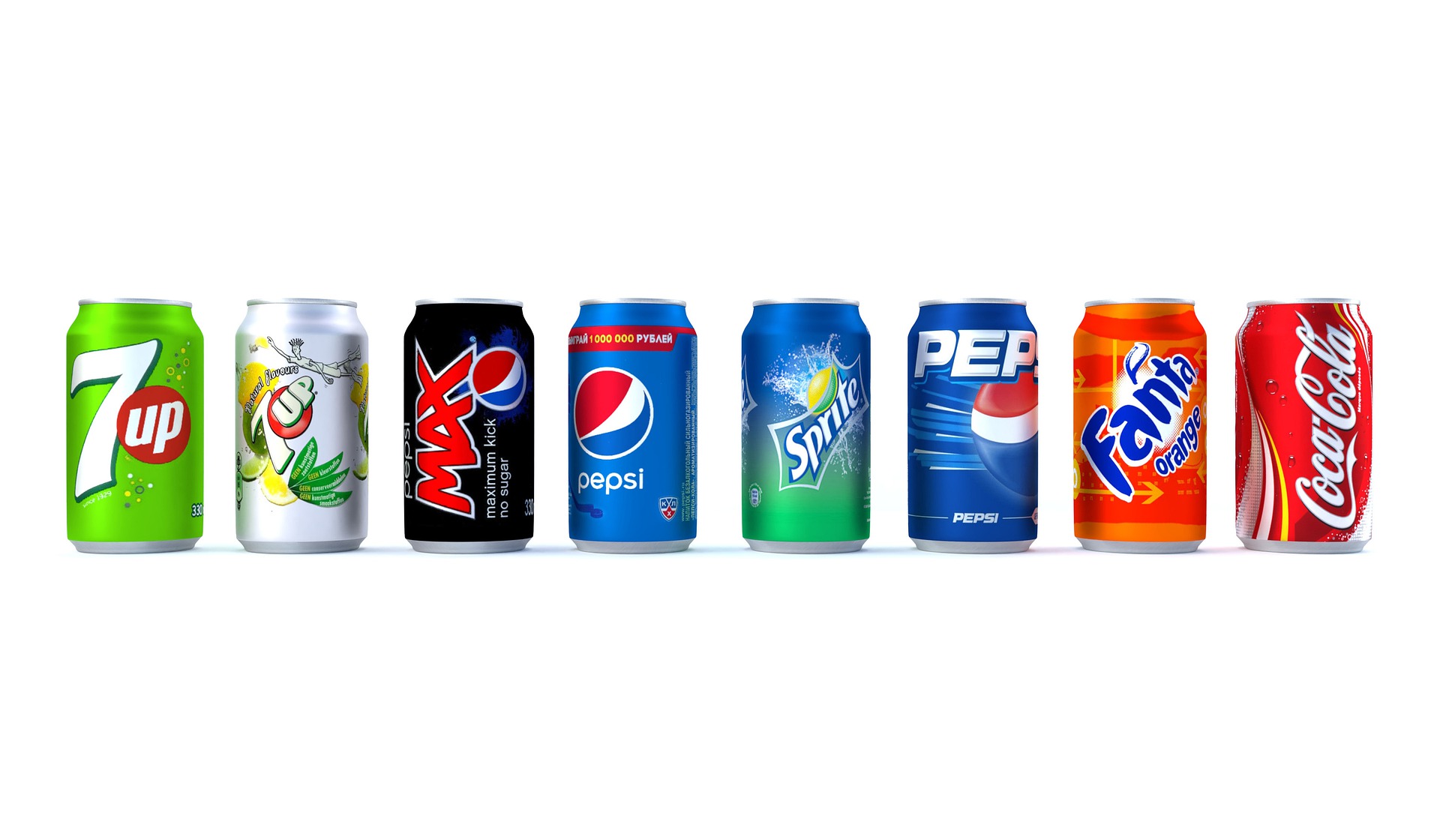
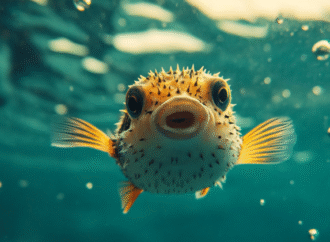
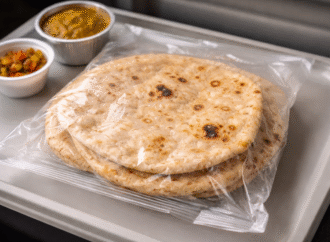
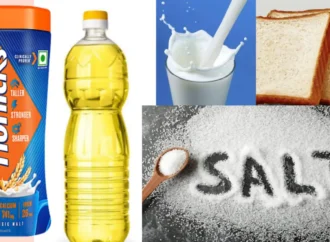
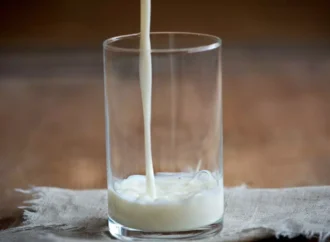
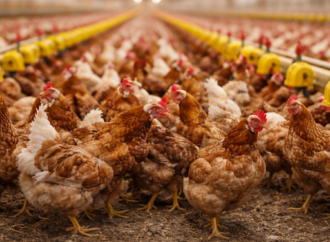
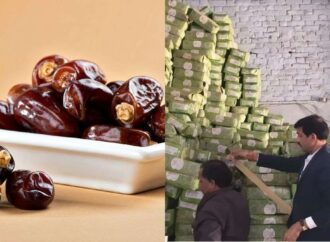




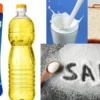
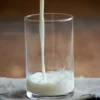
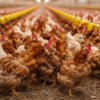






Leave a Comment
Your email address will not be published. Required fields are marked with *